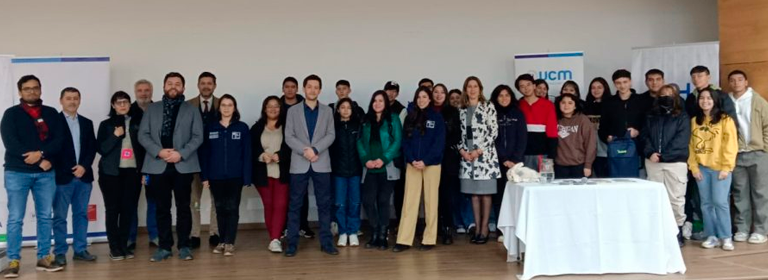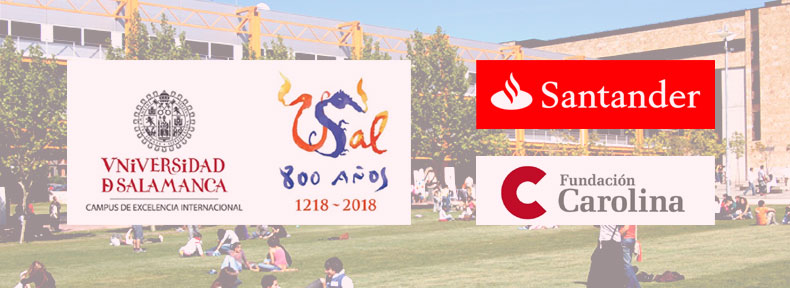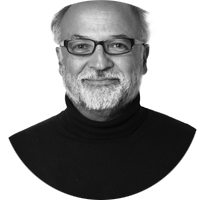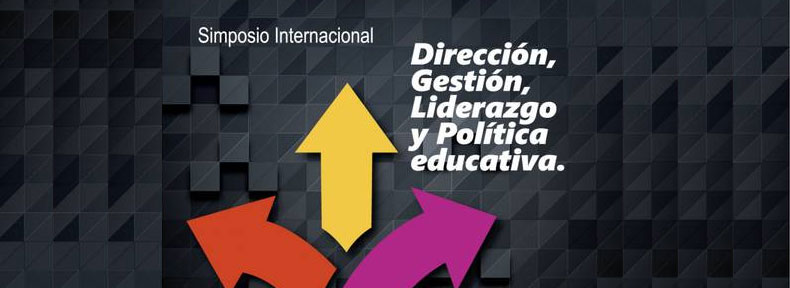The academic of the Universidad Católica del Maule, Rodrigo Andler, successfully completed an investigation that sought to transform fruit waste into biodegradable plastic.
 What began as a dream when he was a student is now a reality for Rodrigo Andler, PhD in Molecular Microbiology and Biotechnology. The researcher from the Universidad Católica del Maule (UCM) managed to transform fruit residues into bioplastic.
What began as a dream when he was a student is now a reality for Rodrigo Andler, PhD in Molecular Microbiology and Biotechnology. The researcher from the Universidad Católica del Maule (UCM) managed to transform fruit residues into bioplastic.
«This project has a very clear circularity; we use fruit residues to obtain sugars, which serve as food for certain microorganisms, which in turn produce a polymer that can be used in various applications to replace traditional plastics of fossil origin,» said the academic from the in-campus Faculty of Agricultural and Forestry Sciences.
With a varied chemical structure, the polymers–which have different industrial applications–give rise to a biodegradable bag, whose fundamental advantage «is that it does not come from petroleum».
«Among its main attributes are its biodegradability, its biological origin and its biocompatibility. The latter implies that they are not harmful to our organism and that when they degrade, they are transformed into CO2 and water. There is no generation of microplastics,» emphasized the scientist, after presenting the results of his research at a seminar held at the Colchagua campus of the Universidad de O’Higgins (UOH).
«We also conducted a technical-economic analysis, considering industrial scaling. By scaling up, we would reach a price of almost fifty dollars per kilo. It is a more expensive price than the traditional competition, which is petrochemicals, but we have to consider that it has no environmental impact», explained Andler.
The project, financed by the Regional Government of O’Higgins through the Innovation Fund for Competitiveness, lasted three years and had the collaboration of Alvaro Diaz, PhD in Biochemical Sciences from the Catholic University of Valparaiso, and Rodrigo Morales, PhD in Bioresources Sciences from UCM.
«Just when we are talking about the Mining Royalty, we are trying to ensure that these funds are oriented to research. We congratulate the solutions that can be given to avoid the externalities of the industry, in favor of the neighbors. What the Universidad Católica del Maule is doing today is in line with the ecological government of President Gabriel Boric», said the O’Higgins Seremi of the Environment, Giovanna Amaya.
 Win-win strategy
Win-win strategy
Another of the speakers, Jorge Medina, an academic from the Instituto de Ciencias Agroalimentarias, Animales y Ambientales of the UOH, highlighted the incorporation of added value to waste from the agricultural industry.
«Leaving these materials unused implies losing an energy value, with externalities such as the production of greenhouse gases and other pollutants. If we have the possibility of rescuing waste, it is a win-win situation because of the benefits for the industry and for the environment,» he said.
For the dean of the Faculty of Agricultural and Forestry Sciences of the Maule institution, Claudio Fredes, Andler’s research opens the door for collaborations.
«I think we should make a strong link with the University of O’Higgins. Maule and O’Higgins have a very similar productive matrix and it would be logical for both institutions to work together to pursue the objectives of caring for the environment and the wellbeing of the communities,» he said.













